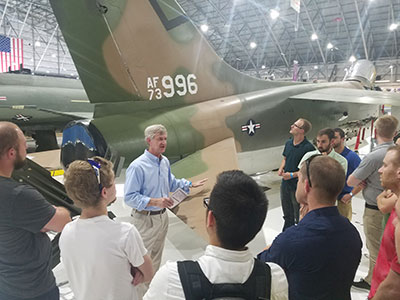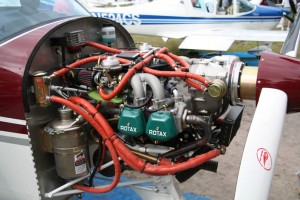Who Should Attend a Practical Aero Course?
Which Introductory or Advanced course is right for you?

Anyone looking for a “big picture” understanding of aeronautics, aircraft systems, aircraft operations, and/or gas turbine propulsion and mechanical systems should attend our introductory courses. Past students represent a broad range of professionals and technicians working directly or indirectly in the field of aviation—program managers, engineers, aircraft operations and support personnel, ground and flight test technicians, administrative personnel and new hires. While course topics are highly technical by nature, all Practical Aeronautics introductory courses are designed for those with limited or no technical background and appeal to those with or without formal engineering education.
Our advanced classes are designed for those with a technical background desiring a broader understanding of aircraft-engine systems design, analysis, controls and health monitoring. While a working knowledge of thermodynamics and gas dynamics is helpful, it is not necessary. Like all Practical Aeronautics classes, these advanced courses use a “building-block” approach to develop and apply the foundational principles.
Relaxed Teaching Style
Each course is designed around a set of clear course goals and specific learning objectives. Fundamental topics are introduced then connected to the “real world” through discussion and numerous examples. Videos help bring the material to life and numerous reviews assure retention of the learning objectives. The classroom environment is informal—open discussion and student questions are an important part of all Practical Aeronautics courses. Trips to local museums, factories, or airports further reinforce learning objectives and provide the opportunity to see first-hand how classroom discussion topics translate to the design of airplanes and engines.
Small Classes and Team Teaching

Practical Aeronautics strives to create the most favorable learning environment possible. Since 2002, we have taught thousands in small class sizes, usually 15 to 25 students. Each student receives a complete set of course notes, as well as a proven and appropriate level reference text. In most cases, courses are taught in a two-person team made up of highly distinguished and experienced experts—a “PhD educator” and a high-time aircraft “operator.”
Client List
What’s Special about Practical Aero Courses?
Unique Content Design, Systems Focus,
Unique Teaching Style, Building Block Approach
